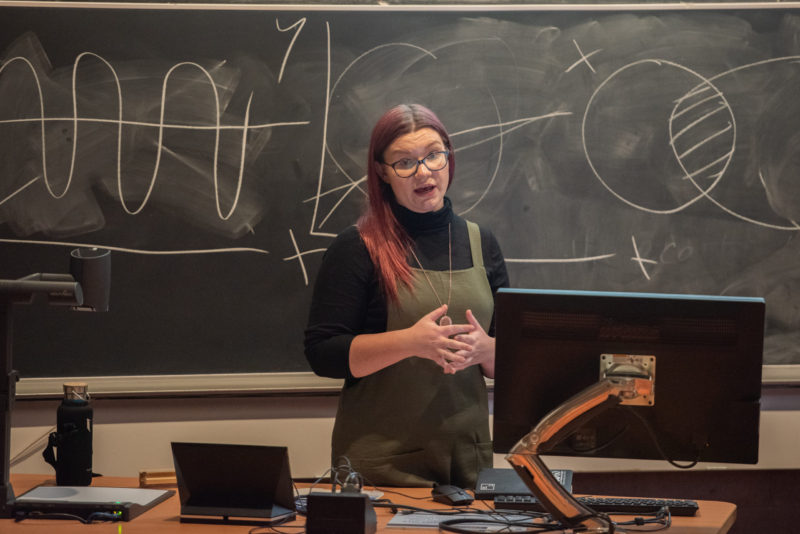USI President Lorna Fitzpatrick has criticised the government for leaving student representatives out of the development of the public health guidelines that universities will have to follow during the coming year.
In an interview with The University Times on Thursday, Fitzpatrick said that “we had no input into this. We received it yesterday, so that is a major concern for us”.
“That has left us in a difficult position, because now we’re asking questions around the practicalities around the guidelines rather than having those practicalities explained within it, which leads to confusion”, she added. “The biggest concern around all of this has always been poor communication and a lack of communication with students.”
Fitzpatrick did, however, welcome the plans, saying that USI supported public health guidelines and hoped that “they will lead to institutions finally giving us full clarity on what the new academic year will look like”.
She felt, however, that the guidelines were too vague on a number of specific issues that students will face in the coming year.
The government announced on Wednesday that universities and colleges will be permitted to relax the two-metre social distancing rule to one metre when in lectures or classes.
The government said that while the two-metre rule should be maintained “under all circumstances possible”, there will be instances where “teaching cannot be delivered while maintaining 2m distance between students”.
The guidelines “doesn’t really give detail as to when the one-metre rule will come into play”, Fitzpatrick said. “I think we need a bit more clarity around when one metre is going to be the requirement or what are the criteria to ensure that one metre is the requirement over the two-metre rule because the two-metre rule is still the best general health advice.”
The guidelines also state that students and staff must wear face coverings when social distancing of two metres is not possible.
Fitzpatrick said that universities have a “duty of care” to provide students with face coverings.
“Workplaces around the country are providing them to staff and to clients”, Fitzpatrick said. “Students who don’t get paid or have mostly low incomes at this stage should also be provided with them. We are looking for two masks minimum to be made available to students who are on campus, if they are there for more than two consecutive days.”
Fitzpatrick added that future “institutional specific plans” will “need to have student representatives involved in the discussion and planning process”, in order to ensure that practical advice for students is included.







